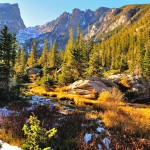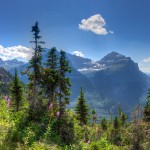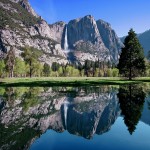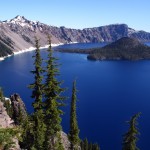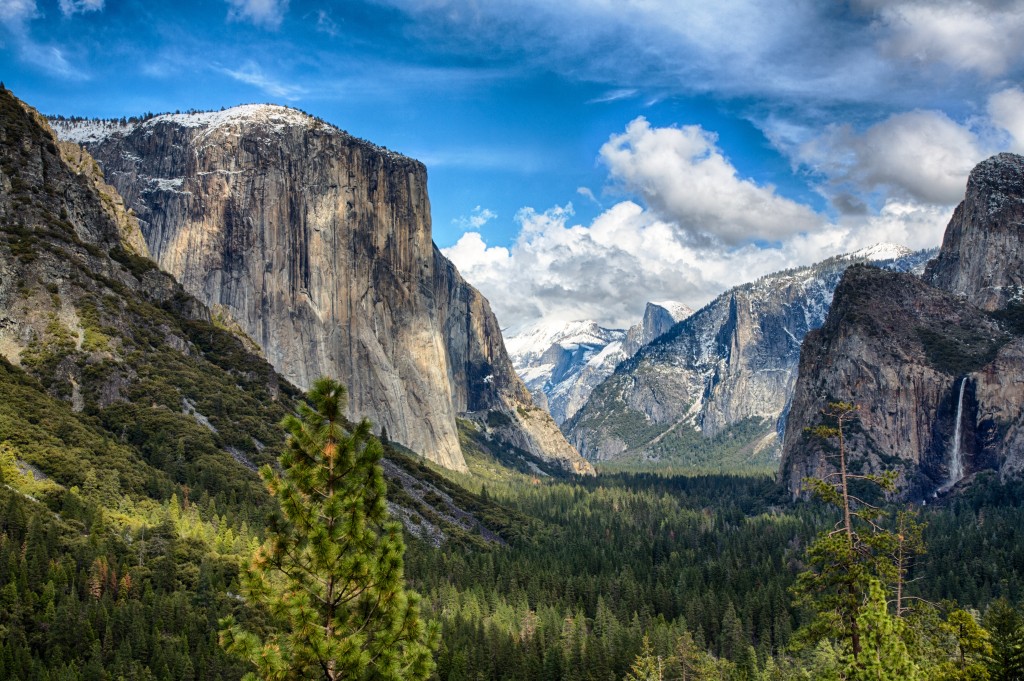What is an Ecologist?
The term “ecologist” is a fairly broad title that can be used by a number of people. Ecologists work in a number of different areas and may study a wide variety of different topics—anything connected to ecology falls under the prevue of ecologists. People who consider this career may find themselves working in a lab, doing field research, working with engineers, and much more.
On the most basic level, ecologists study nature, wildlife, flora, any organism that lives within nature, and how they interact with each other and their environments. They are driven by their desire to preserve the earth and protect nature from harm. However, most ecologists work behind the scenes in laboratories and other areas. They do a lot of research, gather data, perform analysis, and write environmental impact studies. Some work closely with companies to help them develop green technology and processes, while others study how the introduction of other species of plant or animal would impact an area. Some work for the government in advisory positions.
Ecologist Jobs & Job Description - Major Duties
The duties of an ecologist greatly vary depending on what the ecologist is assigned to do. Ecologists work in many different places, so what is a common duty of one ecologist may be something another ecologist never does. Here are some of the most common tasks an ecologist may be called upon to do:
- Create Environmental Impact Studies – Ecologists who work for companies, the government, and anyone who is going to build new buildings or alter existing ones will need to have an environmental impact study done. These studies look at how the proposed changes to the environment will impact the plants and animals that make it their home. These studies may also be done when the population suddenly increases or decreases or when a new plant or animal is introduced to a new environment.
- Work to Create Green Practices – Some ecologists do research into more environmentally friendly production methods. They may test how a new chemical affects plants, for example, or experiment with new types of plastics.s
- Provide Educational Programs – Ecologists may teach workshops at universities or may lecture in schools, universities, and community programs on the importance of protecting the environment. Those who have gone on to receive a doctorate may even teach full time.
- Help Restore Natural Habitats – Damaged natural sites like mines that have been used up, forests that have heavily deforested, or waters that have been contaminated with oil or other pollutants may require human intervention before they can support wildlife. Ecologists will create and implement recovery plans for these areas.
- Write Scientific Research Papers – Those who do not want to work outdoors may instead focus on research and the study of wildlife and ecology. These ecologists will often seek grants to research particular species or areas of the earth with an eye towards learning more about that species or place. They may have this research published in various journals or present it at conferences.
- Create Computer Models – Ecologists with computer programming expertise may create models that predict climate changes or how an area will be affected by different events.
- Perform Surveys and Other Fieldwork – Ecologists who do enjoy getting outdoors can do fieldwork. They will survey areas, record information about the wildlife, plants, and the environment, and more. This may involve capturing, tagging, and releasing animals or returning to check on certain plants on a regular basis. Following this research, the same ecologist may analyze the data, or it may be handed off to someone else.
- Advise Groups on Environmental Issues and Law– Ecologists may advise government officials, CEOs, and other leaders on environmental law. They may bring attention to species who are protected or have become endangered, or they may advocate for areas and species to gain protected status.
- Manage Wildlife Conservation Lands – Ecologists who rise to supervisory positions may be placed in charge of wildlife conservation lands, meadows, woodlands, and other protected environments.
- Provide Testimony – In court cases concerning pollution or where the environment was impacted in some way, an ecologist may be called upon to deliver expert testimony.
- Create Project Budgets – In many cases, the ecologist will need to create and submit budgets for various research studies, educational programs, and other activities.
Where Do Ecologists Work?
Because there are so many different duties ecologists can take on, there’s no single work environment. Some do work outdoors collecting samples, tracking animals, and gathering data. Others may be outdoors while analyzing an area for an environmental impact study or while working to restore an area.
However, there are plenty of ecologists who spend their entire day indoors. These include those who do data analysis and research for scientific journals or for reports to various organizations. Some may work at the computer all day, while others may meet with business, community, state, and even national leaders to discuss ecology, answer questions about nature conservation, and lobby for new protective regulations.
Work Conditions
When working outdoors, ecologists may have to deal with the occasional unexpected storm. Unlike game wardens and other law enforcement officers, most ecologists do not work outdoors if it looks like there will be bad weather. Some may have to work in freezing temperatures or in very hot temperatures depending on what area or wildlife they are studying.
Some ecologists may also have to work up close with animals. While these animals may be tranquilized, some may not, and ecologists may get scratched or bitten. Even those who are only studying the environment may be unexpectedly attacked by an animal if it’s disturbed.
Ecologists who work indoors may find themselves on the computer most of the day. Others may be in meetings with various people. In the case of ecologists who lobby, they may have to move from office to office while meeting with various high profile people.
Ecologists usually only work a standard 40-hour week. Most do not need to work evenings, weekends, holidays, or any overtime. Some jobs do include travel.
Education and Experience Requirements
To become an ecologist, you will need to hold a bachelor’s degree in a job related to ecology. Degrees that provide a good basis for ecology include biology, zoology, marine biology, environmental science, wildlife conservation, botany, or another related field. Ecologists may need to study math, statistics, computer programming, chemistry, geology, meteorology, sociology, oceanography, and other related areas. It all depends on what area of ecology you want to focus on.
Some ecologists, especially those who do in-depth research or serve as consultants, may need to hold a master’s degree in an area such as biology or environmental science. To teach at a university, a doctoral degree is usually required.
No previous experience is necessary to become an ecologist, although volunteering at wildlife conservations and similar organizations is helpful.
Those who want to be ecologists often have a love of nature or of animals. They may enjoy working outdoors or solving puzzles through research and trial and error.
Professional Organizations Who Support Ecologists
Ecologists may be eligible to join various state organizations. If the state doesn’t have an organization specifically for ecologists, they may be able to join conservation officer or wildlife groups. On a national level, there are many different groups for ecologists. The largest group is the Ecological Society of America, a nonprofit group that promotes ecological sciences and careers in ecology. A few notable organizations include the following:
| Association/Organization | Contact Information |
|---|---|
| 1101 17th Street, NW Ste. #250 Washington, DC 20036 (202) 530.5810 | |
| 195 Prospect Street New Haven, CT 06511 (203) 432 6953 | |
| P.O. Box 460 Collingswood, NJ 08108 (856) 283-7816 | |
| 2000 P Street NW, Suite 540 Washington DC 20036 (202) 419-0412 | |
| ASEH UW Interdisciplinary Arts and Sciences Program 1900 Commerce Street Tacoma, WA 98402 |







